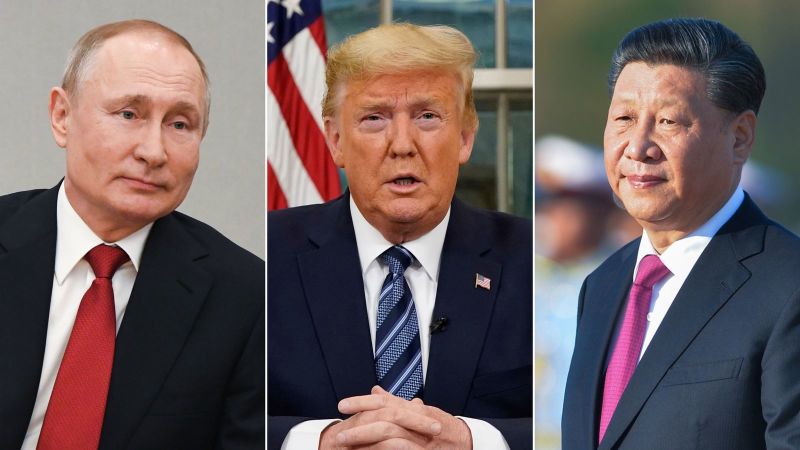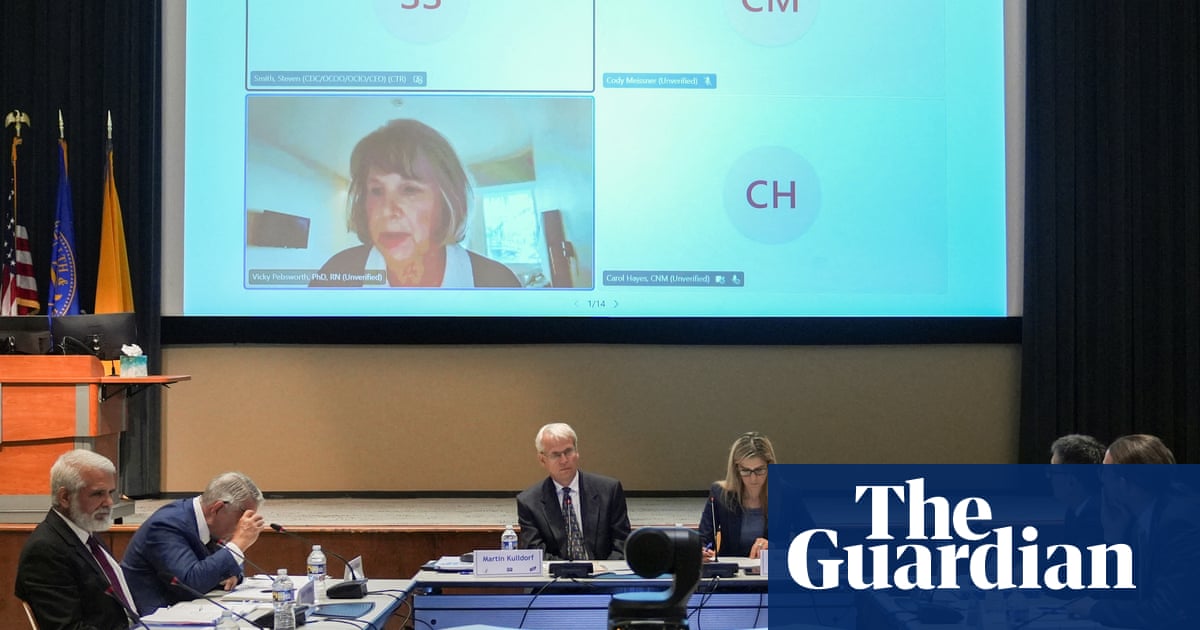Trump Reveals Controversial Threats Against Moscow and Beijing

Former President Donald Trump reportedly disclosed that he once considered using extreme measures to deter aggression from Russia and China. During a private fundraising event in 2024, Trump claimed he threatened to “bomb the sh*t” out of both Moscow and Beijing in response to potential military actions against Ukraine and Taiwan, respectively. This revelation was shared in a discussion with authors of a new book exploring Trump’s foreign policy strategies.
The comments were brought to public attention by CNN journalist Kaitlan Collins, who interviewed the authors. According to their findings, Trump believed that such threats were vital for maintaining deterrence against Vladimir Putin and Xi Jinping. The context of the remarks raises significant questions about Trump’s approach to international relations during his presidency.
Trump’s statements highlight the ongoing tensions between the United States and these two countries. His suggested strategy of nuclear intimidation reflects a controversial stance that many experts consider reckless. The implications of such threats could escalate global tensions, particularly in light of the ongoing conflict in Ukraine and rising concerns over Taiwan’s security.
In recent years, Trump’s foreign policy has been a topic of extensive debate. His administration’s approach often emphasized a confrontational stance, aiming to project strength. The 2024 fundraiser comments seem to align with this pattern. Trump’s willingness to use aggressive language indicates his belief in a hard-line policy as a deterrent.
The fundraising event occurred against the backdrop of heightened geopolitical instability. Since Russia’s invasion of Ukraine in February 2022 and China’s increasing assertiveness towards Taiwan, the international community has been on high alert. Many analysts argue that threats of military action could provoke rather than prevent conflict.
The authors of the new book, which details Trump’s unfiltered remarks, argue that his incendiary comments reflect a broader mindset that prioritizes aggression over diplomacy. They suggest that such an approach could have serious consequences for future U.S. foreign policy.
While Trump remains a significant figure in American politics, his statements continue to draw criticism from various sectors. Many political leaders and international relations experts caution against the normalization of such rhetoric, advocating instead for diplomatic solutions to global conflicts.
In summary, Trump’s candid admissions about threatening to bomb key global capitals underscore the precarious nature of international relations in a time of heightened tension. As the global landscape continues to evolve, the influence of Trump’s past comments may linger, shaping discussions on foreign policy for years to come.






